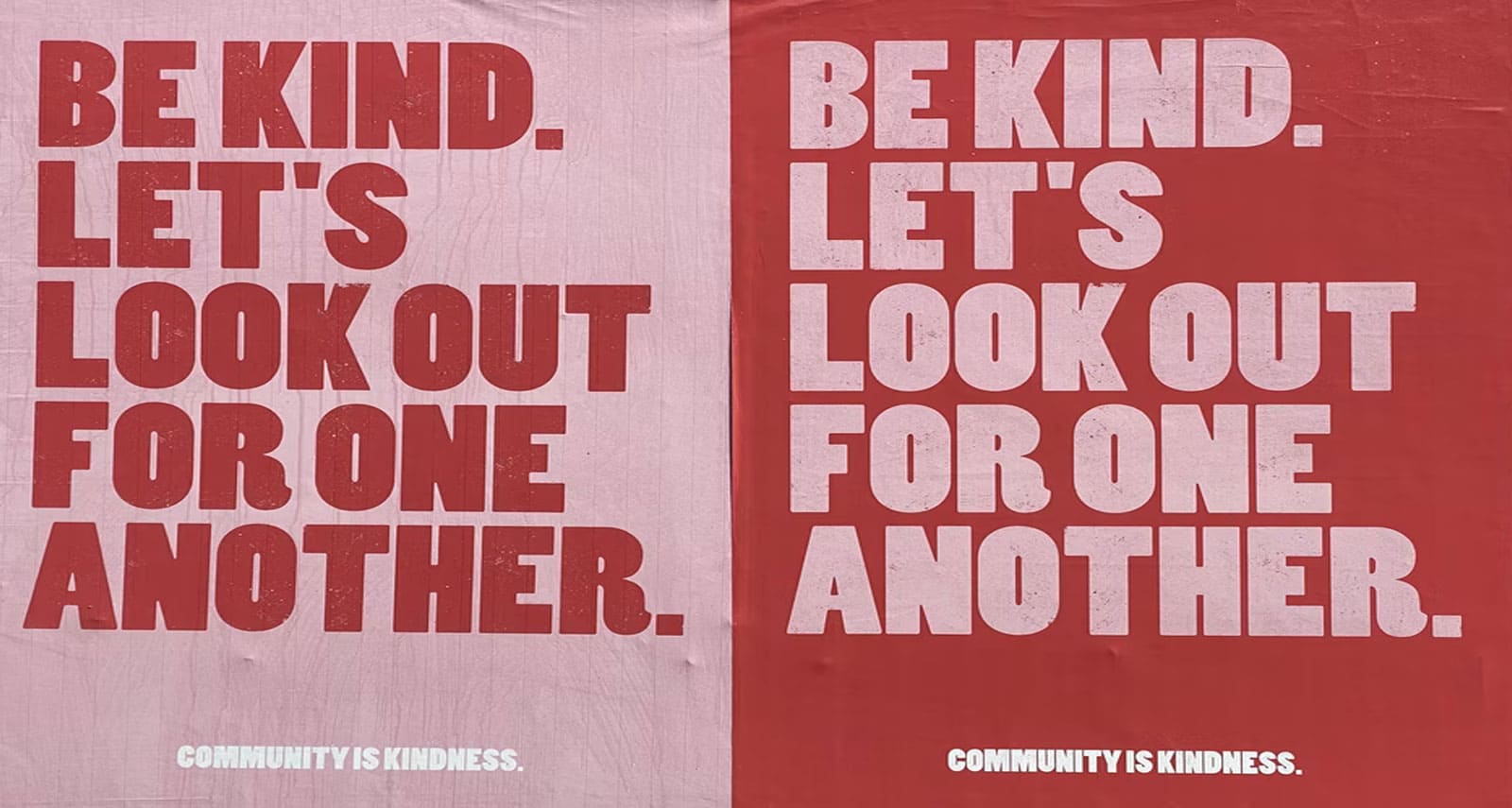
- Raafat Kamal
- January 1, 2021
Facebook
Twitter
WhatsApp
Telegram
Email
Why we must engage our community
We need to get serious about seeing and reaching people. We have to see through the pews, walls, programmes and budgets of the church and focus on the people we are called to reach.

The Mission Statement of the Seventh-day Adventist Church is to “Make disciples of Jesus Christ who live as His loving witnesses and proclaim to all people the everlasting gospel of the Three Angels’ Messages in preparation for his soon return”.
Our focus, as Seventh-day Adventist communities, is on God and his goodness, to make Him known and to be a blessing for good. Our mission is Bible-based, Christ-centred, Holy Spirit-driven, community-targeted— and all for the glory of God.
Ellen White reminded us in her book The Ministry of Healing (p. 143), that Christ’s method alone will give true success in reaching the people. She wrote, ‘The Saviour mingled with people as one who desired their good. He showed sympathy for them, ministered to their needs, and won their confidence. Then He invited them, “Follow Me.”’
We need to come close to the people by personal effort. If we would give less time to sermonising and more time to personal ministry, greater results would be seen. The poor are to be relieved, the sick cared for,the sorrowing and the bereaved comforted, the ignorant instructed, the inexperienced counselled. Weare to weep with those who weep and rejoice with those who rejoice. Accompanied by the power of persuasion, the power of prayer, the power of the love of God, this work will not, cannot, be without fruit.’
Christ cared about the whole person—physically, mentally, emotionally, socially, and spiritually. He wants us to build communities that prosper through our relationship with Him and our service to others through loving, caring ministry. Jesus ministered to people where they were—in cities, in towns, along the road, in their homes, by wells, even on the cross. He was not afraid to go wherever there was a soul to be saved.
You might ask, how does meeting the practical needs of our communities fit with evangelism? As an end-time prophetic movement, shouldn’t we focus on calling people to be reconciled to God through Jesus Christ and let charities focus on the practical needs of people?
Following Christ’s example, evangelising and meeting people’s actual needs are one. Our participation in building communities and meeting people’s practical needs is not fuelled by a missional imperative, evangelistic pragmatism, or even theological certitude, ‘but rather simple, uncomplicated love and compassion. Love has no need to justify itself.’
Meeting people’s practical needs – physical, mental, emotional and social – is a caring, loving and spiritual ministry, living the example of Christ. It should not be a PR device, a way to win favour in order to lead to conversions, a mere means to an end. It cannot be the “sugar on the pill or the bait on the hook”, otherwise the smell of hypocrisy will hang over our intent to bring a Christian blessing.
Tragedy seems ever present in our world today, but there is still so much room for so much good. Following the example of our Saviour to reach out in fellowship, love, and compassion to anyone affected by heart-breaking circumstances will form connections across communities and build bonds of respect and devotion despite any differences.
The Saviour taught that “by this shall all men know that ye are my disciples, if ye have love one to another” (John 13:35). Christ is our greatest example of compassion and empathy. His love is perfect, inclusive and non-discriminatory.
‘The Spirit of the Lord is upon me, because he has anointed me to proclaim good news to the poor. He has sent me to proclaim release to the captives and recovery of sight for the blind, to let the oppressed go free, to proclaim the year of the Lord’s favour.’ Luke 4:18-19
In Antoine de Saint-Exupéry’s book Citadelle, he describes the process of a group of people building a boat. One will weave the canvas; another will fell a tree by the bite of his axe. Yet another will forge nails, and there will be others who observe the stars to learn how to navigate. And yet, all will be as one. Building a boat isn’t about weaving a canvas, forging nails, or reading the sky. It’s about giving a shared taste for the sea, by the light of which you will see nothing contradictory but rather a community of love.
If you and I want to build a ship – a community following Christ’s method – we should not drum up the men and women to gather wood, divide the work, and give orders. Instead, we need to teach them to yearn for the vast and endless sea.
When we talk about building communities, we must make sure that our people find and embrace a vision rooted in a deep love for all of God’s people—not unlike a love and yearning for a vast and endless sea. Such a love pulls us forward, giving us the courage and the willingness to go wherever God leads.
Do we have a heart for all God’s people—even the people not personally known to us? Even the people who reject God or reject us? Even our enemies?
I am encouraged by church initiatives that sprang up during the COVID-19 pandemic to meet people’s practical needs such as, I AM Urban (ADRA- UK), One Vision and others. They were able to see people, identify their needs and, with the love and compassion of Jesus Christ, reached out to assist.
Our sole business on this earth is to “Make disciples of Jesus Christ who live as his loving witnesses and proclaim to all people the everlasting gospel of the Three Angels’ Messages in preparation for his soon return.”
We need to get serious about seeing and reaching people. We have to see through the pews, walls, programmes and budgets of the church and focus on the people we are called to reach. And we cannot reach people without first being in relationship. Discipleship begins with relationship with God and with people.
God is looking for willing women and men who allow His power of love to flow through them to others, to change the world from darkness to light. The Holy Spirit flows not through tools and methods, but through trusting and willing women and men. Through prayer and obedience, we can be a catalyst of building communities following Christ’s method that helps bring about a future that is in alignment with God’s will.

How Should Christians be Different?
September 6, 2023

The Pastoral Caregiver – Bearer of Stories
September 6, 2023

What Takes to be Different?
September 6, 2023

The Beauty of Diversity Within the Body of Christ
September 6, 2023

The Butterfly, an Object Lesson of Transformation
September 6, 2023

Mitigating the Risks of Cultural Compromises
September 6, 2023

Embracing Christ-Centered Counterculture
September 6, 2023








